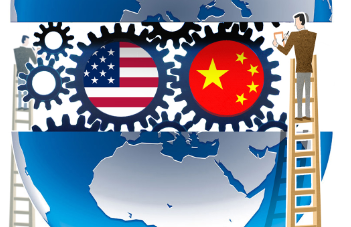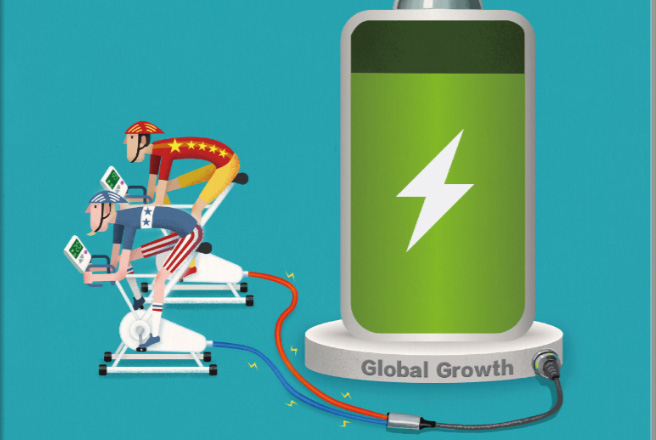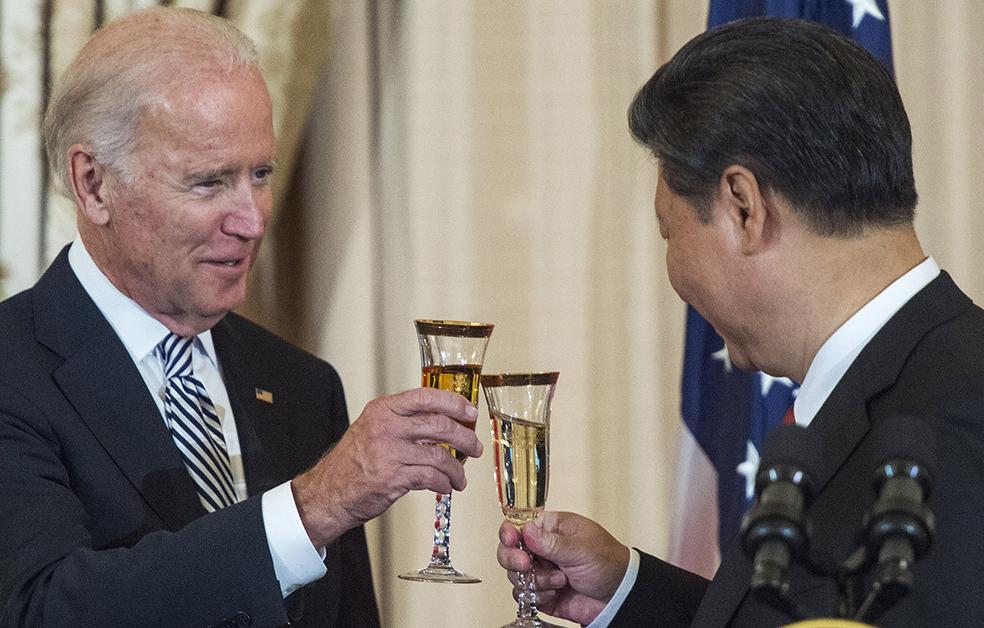Ted Galen Carpenter, Senior Fellow, Randolph Bourne Institute
May 13, 2021
Japan’s balancing act has gotten increasingly more challenging over the years. Tasked with trying to placate both China, its powerful neighbor, and the United States, its long-time ally and protector, Tokyo’s delicate balancing act is becoming ever more difficult to sustain.
Sun Chenghao, Fellow, Center for International Security and Strategy of Tsinghua University; Munich Young Leader 2025
May 12, 2021
The key to correcting misunderstandings is more exchanges and cooperation between provinces, states, cities, enterprises and nonprofit organizations. We should strive to understand each other’s systems and policies.

An Gang, Adjunct Fellow, Center for International Security and Strategy, Tsinghua University
May 12, 2021
U.S. Secretary of State Antony Blinken’s suggestion that issues in relations with China should be categorized according to their sensitivity is unrealistic. Yet progress was made at the Anchorage dialogue, including agreement that cooperation is necessary to address global challenges and that the focus ought to be on healthy competition.

Joseph S. Nye, Professor, Harvard University
May 12, 2021
In his recent address to the US Congress, President Joe Biden warned that China is deadly serious about trying to become the world’s most significant power. But Biden also declared that autocrats will not win the future; America will. If mishandled, the US-China great-power competition could be dangerous. But if the United States plays it right, the rivalry with China could be healthy.
Hugh Stephens, Distinguished Fellow, Asia Pacific Foundation of Canada
May 08, 2021
The U.S.’s China Policy directly impacts Canada’s China Policy. And with little change in U.S.-China relations under the Biden Administration, Canada’s policy space between China and the U.S. has stayed relatively the same as well.
Mikaila Smith, J.D. Candidate at the University of Chicago Law School
May 08, 2021
Australia’s outlier history as a “Western” nation situated in the Pacific means it’s caught in the middle of simmering global tensions between China and the U.S.
Zhang Yun, Professor, School of International Relations, Nanjing University
May 08, 2021
The China-Japan relationship is like a ship forging ahead against the wind. But it’s also drifting in the current and will move backward if it fails to move ahead. Their ties in the new era need to be constantly enriched and exercised.
Wang Fan, Vice President, China Foreign Affairs University
May 08, 2021
China’s development was certainly unexpected, especially on such a massive scale and at such great speed. It has challenged the Western mindset that only one path is capable of achieving fruitful outcomes. Times certainly have changed.
Wang Fan, Vice President, China Foreign Affairs University
May 08, 2021
The United States needs to reconsider its approach, because what it’s doing now is not working. The key to rebuilding trust and resuming effective communication between the two countries is rejection of the rivalry mentality.

David Shambaugh, Gaston Sigur Professor and Director of China Policy Program at George Washington University, Distinguished Visiting Fellow at Hoover Institution of Stanford University
May 08, 2021
The Biden administration is making their policy toward China clear as they maintain a position emphasizing democratic values and alliances. In contrast to the previous administration, Biden also recognizes the need to invest at home in order to remain competitive with China.
Back to Top

- China-US Focus builds trust and understanding between the U.S. and China through open dialogue among thought leaders.
- Our Offerings
- Topics
- Videos
- Podcasts
- Columnists
- Research Reports
- Focus Digest
- Stay Connected
-
Thanks for signing up!
- Get the latest stories from China-US Focus weekly.